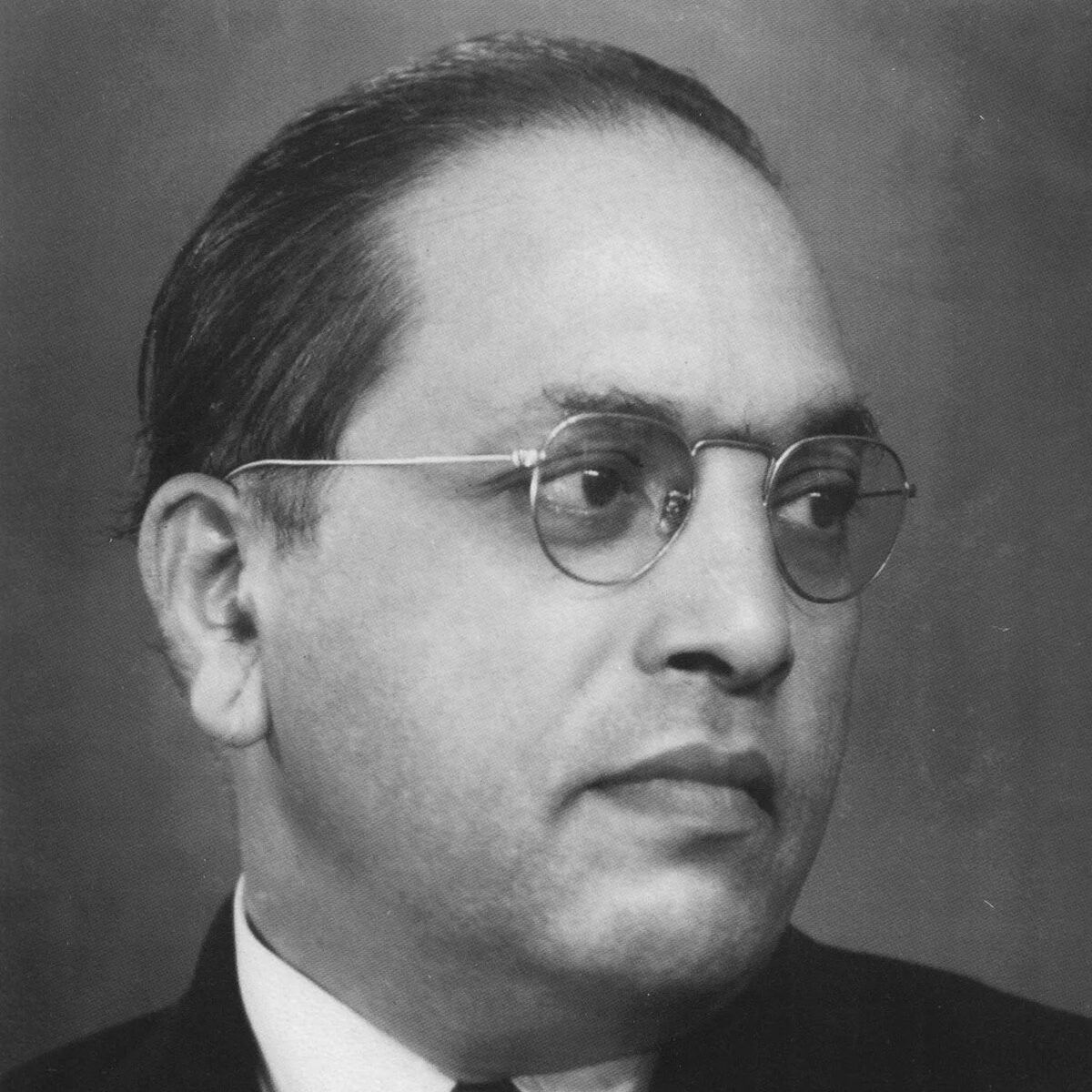Dr. Bhimrao Ramji Ambedkar, popularly known as Babasaheb Ambedkar, was a towering figure in India’s struggle for social justice and equality. His life journey, from facing discrimination as an untouchable to becoming the architect of India’s Constitution, is a testament to his indomitable spirit and unwavering commitment to creating a more just and inclusive society.
Early Life and Education
Born on April 14, 1891, in Mhow, India, Ambedkar faced the harsh realities of caste-based discrimination from a young age. Despite facing immense challenges, he pursued education relentlessly, earning degrees in law, economics, and political science from prestigious institutions in India and abroad. His academic brilliance and dedication laid the foundation for his lifelong quest for social reform.
Advocacy for Social Justice
Ambedkar dedicated his life to fighting against the caste system and championing the rights of Dalits and other marginalized communities. He tirelessly advocated for the abolition of untouchability, equal rights, and opportunities for all citizens, regardless of caste, creed, or gender. His efforts led to significant legislative changes, including the Hindu Code Bill, which aimed to reform Hindu personal laws and promote gender equality.
Conversion to Buddhism and Spiritual Legacy
In 1956, Ambedkar embraced Buddhism, along with millions of his followers, as a symbolic rejection of the caste system and a quest for spiritual and social emancipation. His conversion, known as the “Dhamma Chakra Pravartan,” emphasized the importance of equality, compassion, and social harmony in building a progressive society.
Indian Constitution
Dr. B.R. Ambedkar’s contributions to the Indian Constitution are monumental and foundational to the nation’s democratic framework. Here are some key aspects of what he did for the Constitution:
- Chairman of the Drafting Committee: Ambedkar served as the chairman of the Drafting Committee of the Constituent Assembly, tasked with framing the Indian Constitution. In this role, he played a central and leading role in shaping the document that would become the supreme law of independent India.
- Vision of Social Justice: Ambedkar’s vision for the Constitution was deeply rooted in principles of social justice, equality, and rights for all citizens. He advocated for fundamental rights, including the right to equality, freedom of speech and expression, and protection against discrimination based on caste, religion, gender, or creed.
- Abolition of Untouchability: Ambedkar fought for the inclusion of provisions in the Constitution aimed at abolishing untouchability and promoting the social upliftment of Dalits and marginalized communities. Article 17 of the Constitution explicitly prohibits untouchability and any form of discrimination based on caste.
- Affirmative Action: Recognizing the historical injustices faced by Dalits and other disadvantaged groups, Ambedkar advocated for affirmative action measures such as reservations in education, employment, and political representation. These provisions, enshrined in the Constitution under Articles 15(4), 16(4), and 46, aim to address social and economic inequalities and promote inclusive development.
- Federal Structure: Ambedkar contributed to the establishment of India’s federal structure, balancing the distribution of powers between the central government and the states. He emphasized the importance of a strong but flexible federal system to accommodate India’s diverse cultural, linguistic, and regional identities.
- Separation of Powers: Ambedkar advocated for a clear separation of powers among the executive, legislative, and judicial branches of government to ensure checks and balances and prevent concentration of power. This principle is fundamental to India’s democratic governance and rule of law.
- Constitutional Amendments: Beyond the initial drafting, Ambedkar’s influence extended to subsequent constitutional amendments and interpretations. His commitment to upholding the Constitution as a living document that evolves with the needs of society remains a guiding principle in constitutional law and jurisprudence.
Overall, Dr. B.R. Ambedkar’s role in shaping the Indian Constitution was transformative and foundational to India’s democratic ethos. His vision of a just, inclusive, and rights-based society continues to inspire constitutional governance and social reform in India.
Hashtags: #BRAmbedkar #SocialJustice #ConstitutionBuilder #EqualityForAll

